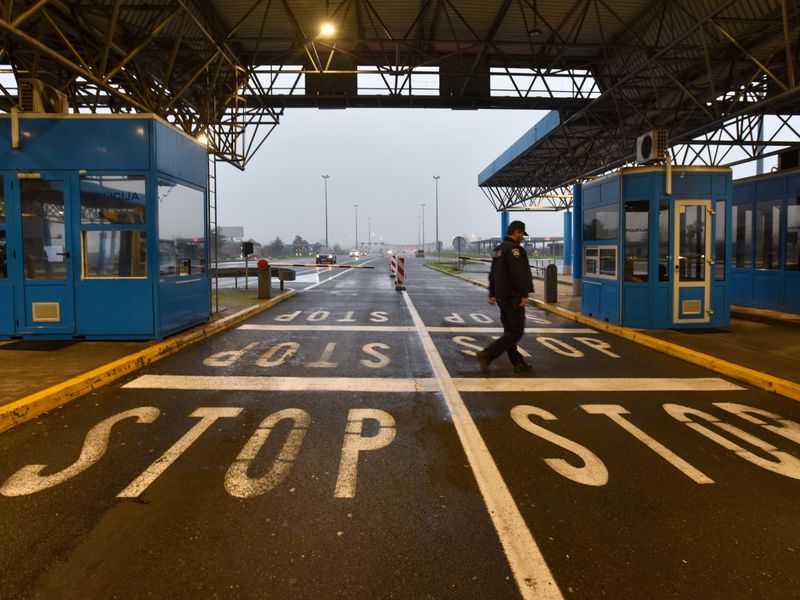Prague – Foreign Minister Jan Lipavský and seven other European colleagues have called in a letter to EU foreign policy chief Josep Borrell for a swift imposition of restrictions on the movement of Russian diplomats in the Schengen area. The letter is available to ČTK. Lipavský has long been pushing for the restrictions to be part of the EU’s 14th package of anti-Russian sanctions.
The European Commission presented the new sanctions at the beginning of May, but some countries, such as Hungary and the Baltic states, had reservations about the package. Prague is concerned that it does not include the Czech request to limit the movement of Russian diplomats in the Schengen area. “Intelligence services, propaganda, or even the preparation of sabotage acts are the main duties of a large number of Russian ‘diplomats’ in the European Union,” the ministers state in the letter. “The free movement of holders of Russian diplomatic passports, accredited in one of the host states, throughout the Schengen area facilitates harmful activities,” say the foreign ministers of the Czech Republic, Denmark, Estonia, Latvia, Lithuania, the Netherlands, Poland, and Romania.
According to them, the Union should strictly maintain the principle of reciprocity and restrict the movement of members of Russian diplomatic missions and their family members exclusively to the territory of the country for which they are accredited. “This measure will significantly reduce the operational space of Russian agents,” the ministers added. The proposal, they say, is in line with the Vienna Convention on Diplomatic Relations. “We are fully aware of concerns about potential Russian retaliation. In such a case, we must respond. If the Russian government takes steps leading to asymmetrical restrictive treatment of diplomats from European countries or the EU delegation, we must be prepared to re-establish reciprocity,” the foreign ministers noted.
They approached Borrell with the assertion that under his leadership, the Union has remained united even in decisions crucial to its security. They called on him to produce a specific written proposal introducing the mentioned restriction under his leadership. “We are convinced that a discussion in the EU based on a specific written proposal will demonstrate the added value, legality, and effectiveness of such measures,” the ministers concluded.
According to the Vienna Convention on Diplomatic Relations, every state that accepts a diplomat on its territory has the possibility to geographically limit his movement. Polish Foreign Minister Radoslaw Sikorski announced at the end of May that Poland would do so for Russian diplomats on its territory due to Moscow’s involvement in hybrid warfare against the EU.
 go to the original language article
go to the original language article
